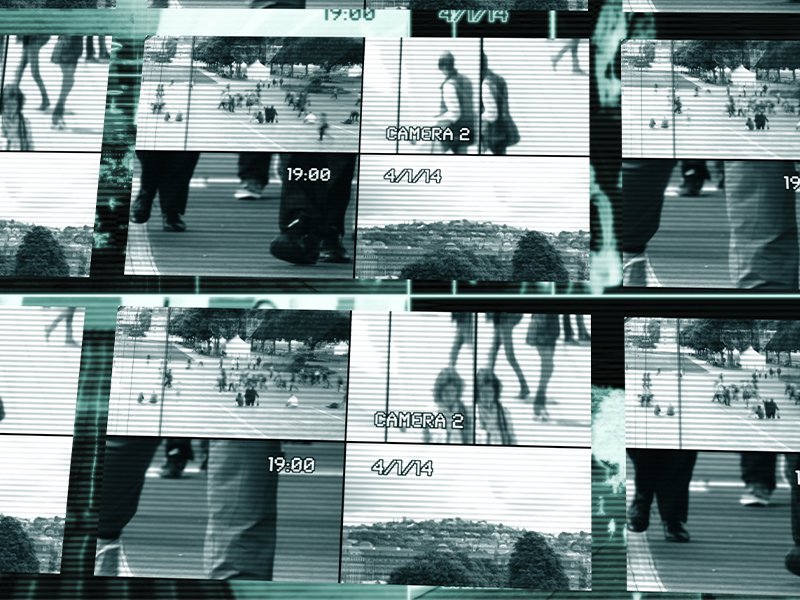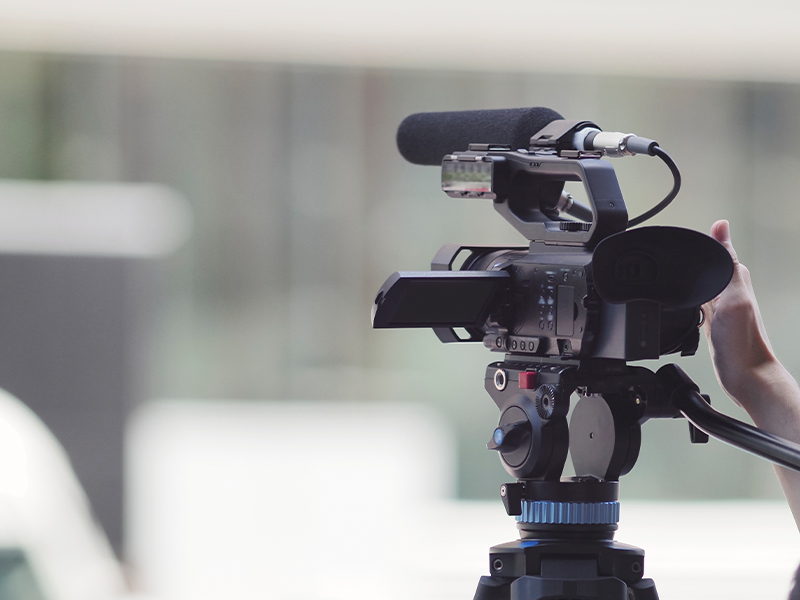The legal landscape has undergone a seismic shift in recent years. The COVID-19 pandemic forced a rapid adoption of remote technologies, and depositions were no exception. Now, in 2024, attorneys grapple with the merits of in-person and remote depositions, each offering distinct advantages and disadvantages.
In-Person Depositions: Reading Between the Lines
For decades, in-person depositions were the gold standard. Advantages include:
- Reading body language: Subtle cues like fidgeting or hesitation can be missed in a virtual setting, potentially revealing discomfort with the truth.
- Rapport building: The ability to establish rapport with the witness can lead to more candid responses.
- Controlling the environment: Attorneys can tailor the setting to minimize distractions and maximize focus.
However, in-person depositions also have drawbacks:
- Cost: Travel, venue rental, and court reporter fees contribute to a higher price tag.
- Logistical hurdles: Scheduling challenges can arise due to witness and attorney availability.
- Accessibility limitations: Witnesses with physical limitations or those residing far away face participation barriers.
Remote Depositions: Efficiency in the Digital Age
Remote depositions, facilitated by video conferencing platforms, offer a compelling alternative:
- Cost-effectiveness: Eliminated travel and venue expenses lead to significant cost savings.
- Increased accessibility: Witnesses can participate regardless of location, fostering greater inclusivity.
- Convenience and efficiency: Scheduling becomes more flexible, and depositions can occur with greater ease.
However, remote depositions are not without drawbacks:
- Technical difficulties: Technical glitches can disrupt the flow of the deposition and raise concerns about the record’s accuracy.
- Witness coaching concerns: The virtual environment may make it easier for witnesses to receive coaching off-screen.
- Loss of nonverbal cues: The limited ability to observe body language can hinder the attorney’s ability to assess witness credibility.
The Power of the Recording: Beyond the Transcript
Regardless of format, the ability to record depositions is crucial. While transcripts remain a vital tool, video recordings offer a distinct advantage in court:
- Capturing nuance: The jury can observe the witness’s demeanor, voice tone, and physical reactions, providing a more complete picture of their testimony.
- Identifying inconsistencies: Playback allows for pinpointing inconsistencies in testimony that may be glossed over in a transcript.
- Enhancing juror engagement: Visual evidence can prove more captivating for jurors, potentially leading to a more impactful presentation.
The Future of Depositions: A Hybrid Approach
The ideal approach to depositions in 2024 may lie in a hybrid model. Attorneys can leverage the strengths of each format based on the specific case and witness. For instance, a key witness with a history of prevarication might benefit from an in-person deposition, whereas a geographically distant expert witness could be effectively deposed remotely.
Ultimately, the choice between in-person and remote depositions hinges on a nuanced understanding of the case at hand and the strategic goals of the attorney. Regardless of format, recording the deposition remains paramount, providing a powerful tool for courtroom presentations and a more complete picture of witness testimony.





